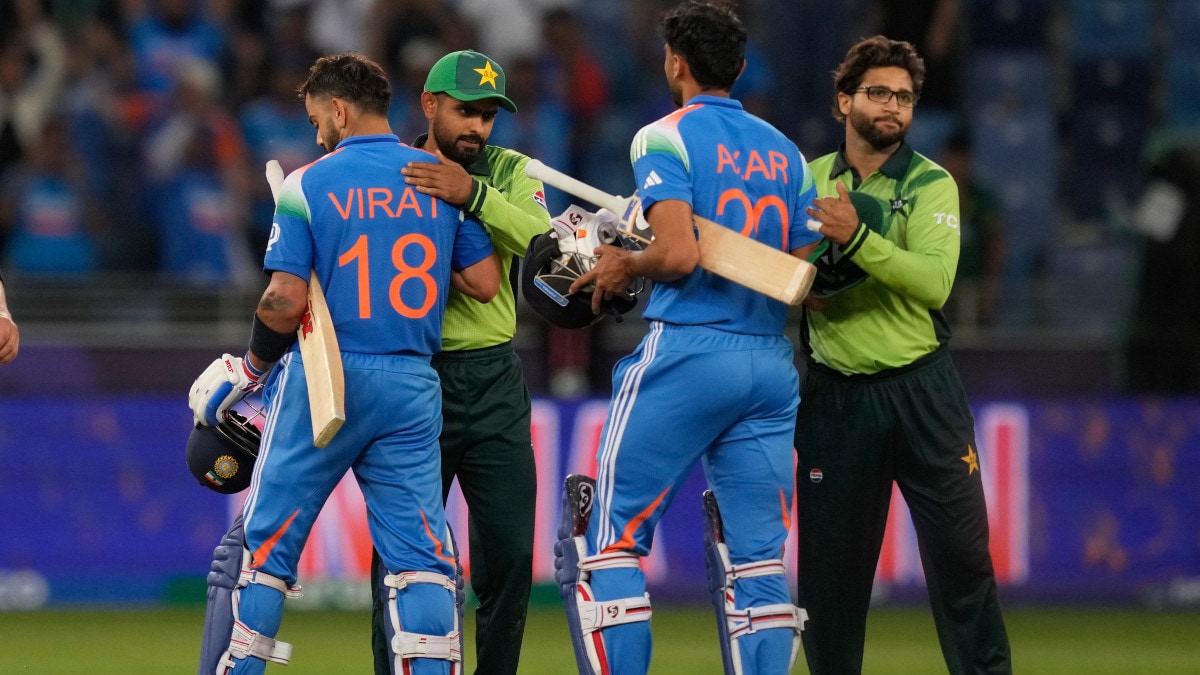

The scheduled India-Pakistan cricket match in the upcoming Asia Cup 2025 is facing increased scrutiny and opposition, particularly in the wake of recent terrorist activities. The tournament, slated to be held in the United Arab Emirates (UAE) from September 9 to 28, includes a high-profile India-Pakistan match on September 14. This has triggered widespread debate, with some questioning the appropriateness of the two nations playing cricket amidst heightened tensions.
Former Indian cricketer Manoj Tiwary has strongly voiced his concerns, stating that the match should not proceed, especially after the terrorist attack in Pahalgam, where civilians were killed. He referenced "Operation Sindoor," possibly referring to military operations, and questioned how a match with Pakistan could be considered while such operations are seemingly ongoing. Tiwary's sentiment reflects a growing unease among certain sections of the public and political figures, who believe that engaging in sporting events with Pakistan could be seen as undermining national pride and disregarding the sacrifices made by Indian armed forces.
Echoing similar concerns, former India captain Mohammad Azharuddin has also expressed reservations about the match, citing the current cross-border tensions. He suggested that cricket ties should be suspended until political tensions ease, emphasizing that the final decision rests with the government and the Board of Control for Cricket in India (BCCI).
However, opinions are divided. Former BCCI president and Indian captain Sourav Ganguly, while condemning terrorism, has advocated for sports to continue uninterrupted. He stated that "sport should go on," a view that aligns with the perspective that sports and politics should not be mixed.
Despite the opposition, the BCCI has confirmed India's participation in the Asia Cup, citing binding commitments made during the Asian Cricket Council (ACC) meeting. Sources suggest that the BCCI's hands are tied, and withdrawing from the match could give Pakistan a significant advantage in the tournament. It is also argued that since the Asia Cup is a multi-nation tournament and not a bilateral series, refusing to play would be a disadvantage.
The controversy surrounding the India-Pakistan match has also raised questions about the role of the sports ministry. Currently, the ministry lacks direct control over the BCCI, as the National Sports Governance Bill is yet to be passed. This means the BCCI has the autonomy to make decisions regarding participation in international events. However, a new sports bill could potentially change this in the future, granting the government greater power to intervene in such matters.
The Asia Cup 2025 is scheduled to be played in the T20 format, with a total of 19 matches. Eight teams will participate, including India, Pakistan, Sri Lanka, Bangladesh, Afghanistan, Hong Kong, UAE, and Oman. The teams are divided into two groups, with the top two from each group progressing to the Super Four stage, followed by the final. The India-Pakistan match is highly anticipated, with the potential for up to three encounters between the two rivals if they both advance to the Super 4 stage and the final. The tournament is seen as a crucial warm-up for the T20 World Cup 2026.
Ultimately, the decision to proceed with the India-Pakistan match reflects a complex interplay of political considerations, sporting commitments, and public sentiment. While some prioritize national security and believe that sports should not be used to normalize relations amidst ongoing tensions, others argue that sports can serve as a bridge and that severing ties would only further isolate the two nations.